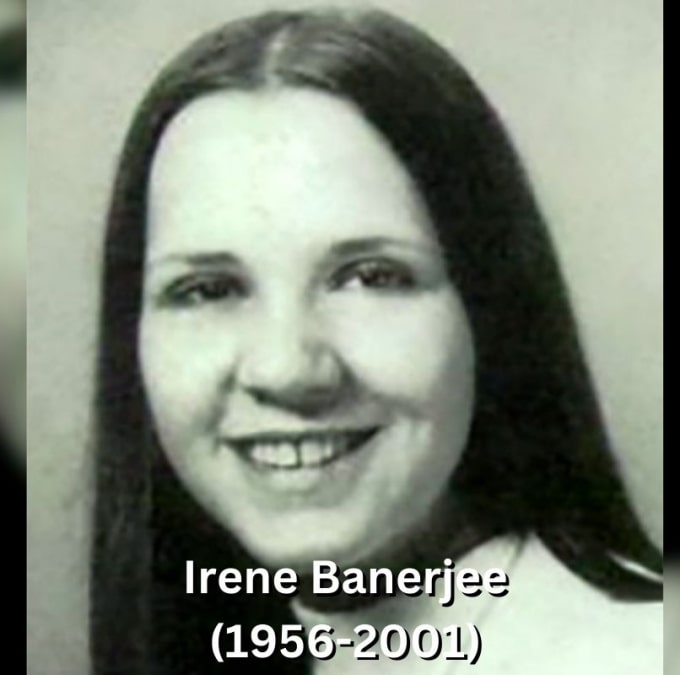Ron McDole, lovingly known as "The Dancing Bear," is a revered figure in American football history. His 18-year career left a remarkable imprint on the sport, particularly in the American Football League (AFL) and the National Football League (NFL). This article delves into the life and legacy of Ron McDole, exploring his early years, illustrious career, personal life, and financial insights. We also answer frequently asked questions to provide a comprehensive understanding of this football legend.
Quick Info Table
| Field | Details |
|---|---|
| Full Name | Roland Owen McDole |
| Popular As | Ron McDole, The Dancing Bear |
| Occupations | Professional Football Player |
| Age (as of 2024) | 85 years |
| Date of Birth | September 9, 1939 |
| Birthplace | Toledo, Ohio |
| Nationality | American |
| Height | 6 ft 4 in (1.93 m) |
| Weight | 265 lbs (120 kg) |
| Net Worth (2024) | Estimated $5 million |
| Parents | Information not widely available |
| Spouse | Information not widely available |
| Children | Information not widely available |
Early Life
Ron McDole's journey to football stardom began in the industrial city of Toledo, Ohio. His early years were marked by a burgeoning passion for sports, particularly football, which would eventually define his career.
Childhood and Education
Born on September 9, 1939, in Toledo, Ohio, Ron McDole attended DeVilbiss High School, where he showcased his athletic prowess. Graduating in 1957, he left a lasting impression on the school's football program. His talents on the field earned him a scholarship to the University of Nebraska, where he played college football for the Nebraska Cornhuskers.
College Football with Nebraska Cornhuskers
At the University of Nebraska, McDole's skills as a defensive end began to shine. His tenure with the Cornhuskers was marked by exceptional defensive plays, setting the stage for his professional career. His performance caught the attention of scouts, leading to his eventual recruitment into professional football.
Career Highlights
Ron McDole's professional career is a testament to his skill, resilience, and dedication to football. Spanning over two decades, his journey through the AFL and NFL is filled with remarkable achievements and memorable moments.
Houston Oilers
In 1962, McDole began his professional career with the Houston Oilers of the AFL. His debut season set the tone for what would become an illustrious career. Though his time with the Oilers was brief, it served as a crucial stepping stone to greater opportunities.
Buffalo Bills: The Golden Years
From 1963 to 1970, McDole played for the Buffalo Bills, where he became a key player on one of the most formidable defenses in AFL history. Alongside teammates like Jim Dunaway and Tom Sestak, he helped the Bills secure the AFL Eastern Division title in 1963 and back-to-back American Football League Championships in 1964 and 1965.
- AFL Eastern Division Title (1963): The 1963 season saw the Bills clinch the AFL Eastern Division title, a significant achievement that highlighted McDole's impact on the team's defense.
- AFL Championships (1964, 1965): McDole's defensive prowess was instrumental in the Bills' consecutive AFL Championship victories, cementing his legacy as a top-tier defensive end.
Washington Redskins: The NFC Era
In 1971, McDole joined the Washington Redskins, where he played until 1978. Under the guidance of head coaches George Allen and Jack Pardee, McDole continued to excel, contributing to the Redskins' NFC Championship Game appearance in 1972 and their journey to Super Bowl VII.
- NFC Championship Game (1972): The 1972 season was a highlight of McDole's career with the Redskins, as the team reached the NFC Championship Game and subsequently played in Super Bowl VII.
- Super Bowl VII: Although the Redskins lost to the Miami Dolphins, McDole's performance throughout the season was noteworthy, further enhancing his reputation.
Record-Breaking Interceptions
One of McDole's most remarkable achievements is holding the record for the most interceptions by a lineman, with 12 interceptions. This record underscores his versatility and keen defensive instincts, making him a standout player in football history.
Personal Life
Beyond the gridiron, Ron McDole's personal life offers a glimpse into the man behind "The Dancing Bear." While much of his private life remains away from the public eye, certain aspects highlight his character and interests.
Family and Relationships
Information about McDole's family, including his parents, spouse, and children, is not widely available. However, it is known that he maintained a close relationship with his teammates and coaches, who often spoke highly of his sportsmanship and camaraderie.
Life After Football
After retiring from professional football, McDole remained connected to the sport through various roles, including coaching and mentorship. His post-retirement years reflect his continued passion for football and his desire to give back to the community.
Major Achievements
Ron McDole's career is adorned with numerous achievements that have earned him a place among football's elite. From championships to individual records, his contributions to the sport are significant.
Championships and Titles
- AFL Eastern Division Title (1963)
- AFL Championships (1964, 1965)
- NFC Championship Game (1972)
Individual Records
- Most Interceptions by a Lineman (12): McDole's record for the most interceptions by a lineman remains a testament to his exceptional defensive skills.
Legacy and Honors
Ron McDole's legacy is celebrated by fans, teammates, and the broader football community. His nickname, "The Dancing Bear," given by teammate Sonny Jurgensen, encapsulates his unique blend of agility and strength on the field.
Financial Insights
Ron McDole's financial success is a topic of interest for many fans. His career earnings, investments, and post-retirement activities contribute to his estimated net worth.
Career Earnings
During his 18-year career, McDole earned substantial salaries from his contracts with the Houston Oilers, Buffalo Bills, and Washington Redskins. While exact figures from his playing days are not readily available, it is known that professional football salaries during his era were significantly lower than today's figures.
Post-Retirement Ventures
After retiring from football, McDole engaged in various business ventures and coaching roles. These activities, combined with wise investments, have contributed to his financial stability and estimated net worth of $5 million as of 2024.
Net Worth and Financial Overview
| Net Worth (2024) | Estimated $5 million |
|---|
McDole's financial success reflects not only his on-field achievements but also his prudent management of earnings and investments.
Conclusion
Ron McDole's journey from a high school athlete in Toledo, Ohio, to a celebrated football legend is nothing short of inspirational. His contributions to the Buffalo Bills and Washington Redskins, along with his record-breaking interceptions, have cemented his place in football history. Known as "The Dancing Bear," McDole's legacy continues to inspire fans and players alike.
FAQ Section
Who is Ron McDole?
Ron McDole, also known as "The Dancing Bear," is a former professional football player who played as a defensive end in the AFL and NFL. He is renowned for his time with the Buffalo Bills and Washington Redskins.
What is Ron McDole's most notable achievement?
One of McDole's most notable achievements is holding the record for the most interceptions by a lineman, with 12 interceptions.
How long did Ron McDole play professional football?
Ron McDole's professional football career spanned 18 years, from 1962 to 1978.
What is Ron McDole's net worth?
As of 2024, Ron McDole's estimated net worth is $5 million.
Why is Ron McDole called "The Dancing Bear"?
Ron McDole was nicknamed "The Dancing Bear" by his teammate Sonny Jurgensen, a testament to his agility and strength on the football field.
In summary, Ron McDole's life and career are a testament to his dedication, skill, and passion for football. His legacy as "The Dancing Bear" continues to be celebrated by fans and the football community, ensuring that his contributions to the sport are remembered for generations to come.












